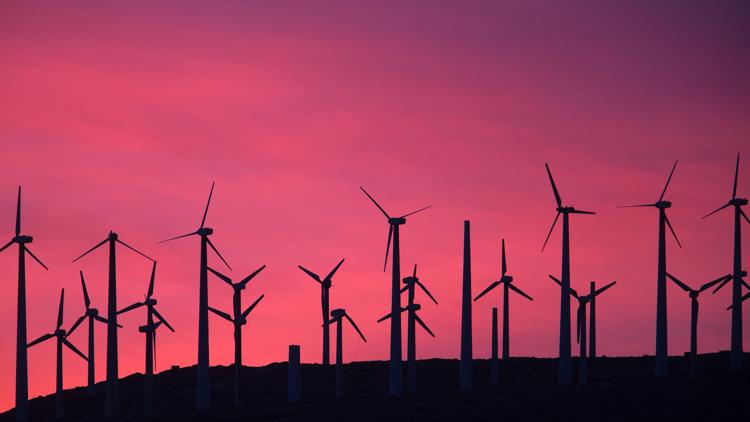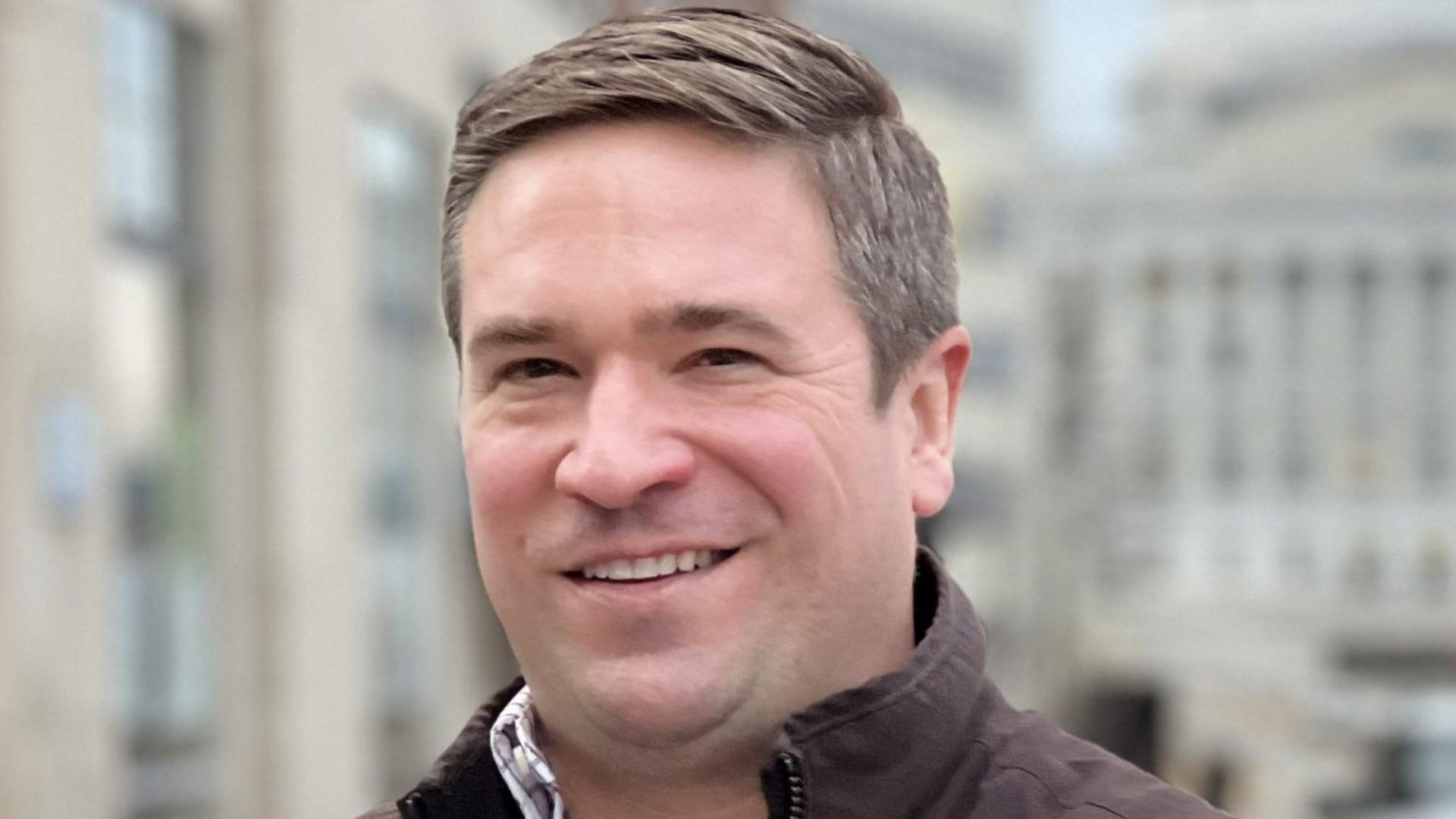COLUMBIA, Mo. — Missouri's GOP-led state House on Tuesday moved to ban the use of eminent domain for a large wind-energy power line planned to span from Kansas to Indiana.
Lawmakers in a voice vote approved legislation that would prevent the use of private land for the Grain Belt Express power line without property owners' permission.
They're trying to stop the project's developers, Invenergy Transmission, from pursuing condemnation if landowners won't sell easements, which means allowing a piece of their land to be used for the power line.
The ban wouldn’t apply to transmission lines with energy substations every 50 miles, a provision designed to encourage companies to give Missourians greater access to buying energy off the line.
“What this bill does is say if you’re going to use and take Missouri farm owners’ land, that we’re actually going to have access to the power,” said bill sponsor Rep. Mike Haffner, a Pleasant Hill Republican.
The high-voltage power line would carry wind energy from Kansas across Missouri and Illinois before hooking into a power grid in Indiana that serves eastern states.
Missouri lawmakers have been trying unsuccessfully for years to block the use of eminent domain for the project, which was approved by the state’s utility regulators in 2019.
Landowners in the path of the project line, along with the Missouri Farm Bureau, in 2019 lost a lawsuit against the line, which they argued would take some of their land without providing any benefit to them.
A spokeswoman for Invenergy said additional power from the Grain Belt Express could help during emergencies, such as the extreme cold last week that prompted rolling blackouts in some Missouri cities as a way to decrease demand on systems.
“Had Grain Belt been in operation last week, outages in places like Kansas City and Springfield could have been avoided,” spokeswoman Beth Conley said in a written statement. “That’s how shortsighted this legislation really is."
Democrats spoke in favor of the project during a Tuesday floor debate. Rep. Mark Ellebracht, of Liberty, said property owners would be paid for the use of their land and that the project will mean lower energy costs.
“The greater good outweighs the individual rights in this specific instance,” he said.
The bill to stop eminent domain in the project needs another vote of approval in the House before it can move to the Republican-led Senate for consideration.



